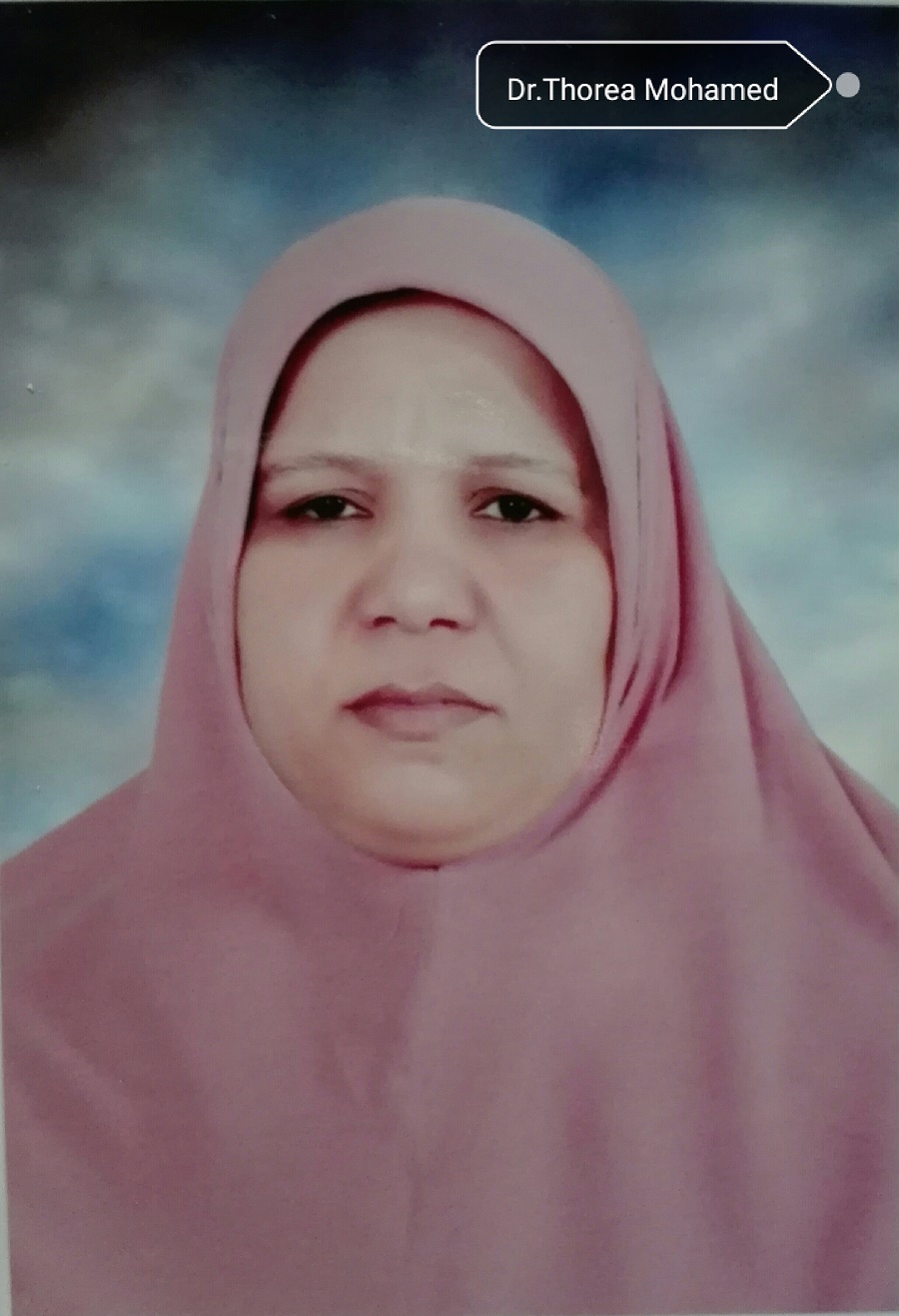Cervical cancer development is a slow prolonged process, starting with development of precancerous lesions (cervical intra-epitheleal neoplasia, CIN) in normal cells. The aim of this study was to evaluate the impact of health education on early detection of cervical cancer in average risk women.
Methods: This cross sectional study was done in gynecology clinics at health centers that are affiliated to MCH in Tema city, Sohag governorate on 150 married women who were interviewed for health education about importance and methods for early detection taking into consideration socio-demographic data and potential risk characteristics of cervical cancer that were analyzed using univariate and multivariate analyses.
Results: Most of women in the current study were < 40 years of age (72%), ≥18 years of age at time of marriage (91.3%), had monogamous husbands (94%), had negative family history of cancer (90%), negative history of OCP use (65%), and negative history of vaginal infection (87%). Fifty percent had low SES, and 40% had ≥2 risk factors. Univariate analysis showed that history of vaginal infection (p<0.0001) and polygamous husband (p<0.0001), presence of ≥2 risk factors (p=0.0214) significantly affected CIN risk. Multivariate analysis revealed that only history of vaginal infection significantly affected CIN development (p<0.0001; HR: 0.032; 95% CI: 0.007 – 0.139)
Conclusions: Our study showed a 7% CIN rate that was significantly affected by history of vaginal infection by univariate and multivariate analyses. Recommendations Health education to promote periodical pap smear among average risk married women for early detection of CIN and invasive cancer


